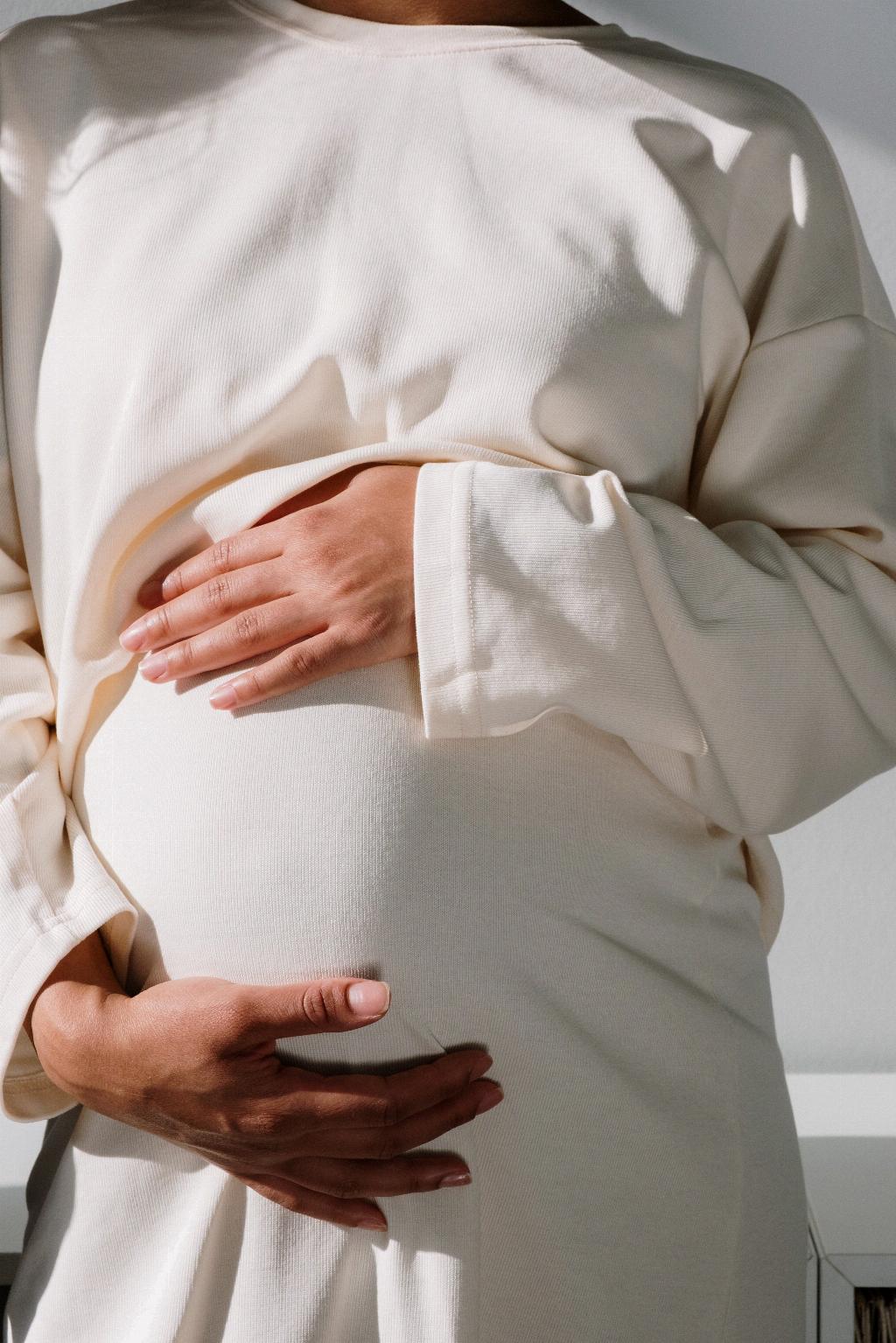During the early stages of pregnancy, many women experience a rise in the frequency of their trips to the bathroom. This phenomenon, known as frequent urination, can sometimes be one of the first signs that a woman is expecting. It can raise questions about when exactly this increased need to pee typically begins.
Onset of Frequent Urination
For some women, the urge to urinate more frequently can commence as early as the first two to three weeks after conception. However, it is more commonly noticed around 10 to 13 weeks into the pregnancy journey. This timing coincides with the period when the uterus begins to enlarge and presses against the bladder.
Factors Influencing Early Onset
While the exact timing of frequent urination can vary among pregnant individuals, certain factors can influence how early it commences. These factors include the position of the uterus, the hormone levels in the body, and individual differences in how each woman’s body adapts to pregnancy.
Impact of Hormonal Changes
One of the key reasons behind the early onset of frequent urination in pregnancy is the surge in hormone levels. Hormones like hCG and progesterone play crucial roles in supporting the pregnancy but can also lead to increased blood flow to the pelvic area, stimulating the bladder and kidneys.
Physical Changes in Early Pregnancy
As the uterus grows larger during the early stages of pregnancy, it gradually expands and moves upwards in the abdomen. This upward movement gradually exerts pressure on the bladder, reducing its capacity to hold urine and causing the need for more frequent trips to the bathroom.
Fluid Dynamics in Pregnancy
Another factor contributing to early frequent urination in pregnancy is the alteration in fluid dynamics within the body. Increased blood volume and the processing of fluids by the kidneys can lead to a higher volume of urine production, resulting in the need for more frequent urination.
Seeking Comfort and Relief
While frequent urination in early pregnancy can be bothersome, there are steps that individuals can take to manage this discomfort. Simple strategies such as staying hydrated, avoiding caffeine, and emptying the bladder completely during bathroom visits can help alleviate some of the symptoms.
Consultation with Healthcare Providers
If the frequency of urination becomes excessive or is accompanied by pain, burning, or other unusual symptoms, it is essential for pregnant individuals to consult their healthcare providers. These signs could indicate underlying urinary tract infections or other complications that require medical attention.
Monitoring Changes and Symptoms
Throughout the pregnancy journey, it is crucial for individuals to stay attuned to changes in their body and any unusual symptoms they may experience. Maintaining open communication with healthcare providers can help ensure that any concerns or issues related to frequent urination are addressed promptly.
Embracing the Pregnancy Experience
While frequent urination in early pregnancy can present challenges, it is also a reminder of the incredible transformations happening within the body to support the growth and development of the baby. Embracing these changes and seeking support can help individuals navigate this phase with comfort and confidence.
Conclusion
In conclusion, frequent urination in early pregnancy can begin as early as the first few weeks after conception, with many women noticing a significant increase around 10 to 13 weeks into their pregnancy. Understanding the factors influencing this phenomenon and adopting strategies to manage symptoms can help individuals navigate this aspect of pregnancy with greater ease.

